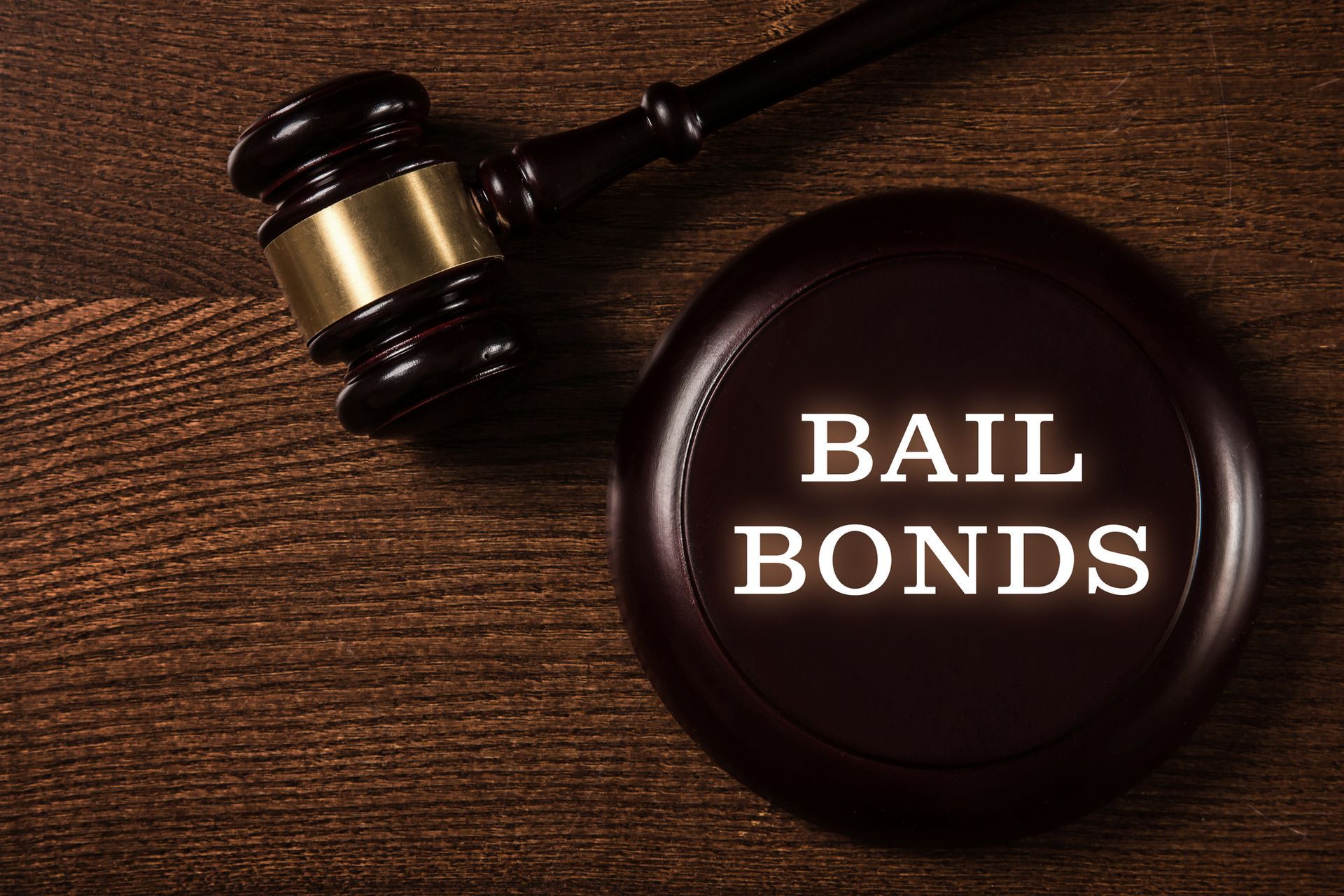Open Records and Record Expungement in TN
The first open records laws appeared in the late 1970s, mostly in response to the Watergate scandal. Tennessee’s open records law was first passed in 1981 and last amended in 2015. Regular people, including landlords, employers, and other interested individuals, could request most kinds of government records, even things like individual criminal records.
Back in the day, obtaining government records was a long and arduous process. Unless people really, really wanted to know certain information and they had a lot of time to fuss with the government or money to spend on an attorney, they didn’t bother asking. But things are much different now. Today, many public records, including criminal records, are available online. That’s true of arrest records. In fact, if you have a username and password, you can find pretty much anything in a state records database.
As outlined below, lawmakers recently expanded Tennessee’s expungement law. There is essentially a presumption that old criminal records, including arrest records, can be erased. If you go through this process, don’t forget private bail bonds records. At Fizer Bail Bonds , we keep our customer records private. But if a lawyer subpoenas them, we usually must turn them over. Or, if law enforcement requests them, we must provide them, at least in most cases. So, if you receive an expungement order and you have records with a Montgomery County bail bonds agency, make sure that company sees a copy of the order and responds appropriately.
Expungement Eligibility
Back in the day, the expungement law only applied to for-cause dismissals. If prosecutors dropped your case due to a lack of evidence, you might be eligible for expungement. Dismissals related to pretrial diversion or deferred adjudication didn’t count. Furthermore, unless you had a squeaky-clean past, you were typically ineligible for expungement.
The law changed in July 2017. Today, unless you have a lengthy criminal record, you are probably eligible for expungement, once a five-year waiting period expires. Our math is not the greatest, but we’re pretty sure that the initial five-year waiting period expires in 2022. So, there may be a rash of expungement petitions in the near future. If you looked into this possibility before but were ineligible, things might be different now.
This change is very good news for people with criminal histories. These records usually affect employment and property rental applications. Furthermore, many colleges and government agencies don’t provide student financial aid to people with criminal records. There are other ill effects as well.
Number of Convictions
Under the law, persons with two priors, or fewer, are eligible for expungement. That rule seems simple enough, but it’s not.
Federal convictions apply, as do out-of-state convictions. These prior convictions have no expiration date. The case might have been twenty or thirty years ago. Additionally, in some states, traffic tickets are criminal offenses. In other states, they don’t count.
Furthermore, many people are charged with multiple offenses arising out of the same transaction. A federal wire/mail fraud scheme is a good example. Each time the defendant clicks “send” or mails a letter, the feds add a separate count to the indictment. Are those counts multiple convictions or just one? The law is unclear on this point.
Waiting Period
As mentioned, defendants may file expungement petitions beginning five years after the completion of their sentences. Once again, this rule seems straightforward, but there is some grey area.
Literary hero Jean Valjean originally went to prison for five years for burglary. In 1795, he reached through a window to grab a loaf of bread. He wound up serving nineteen years in prison. He attempted escape three times and violently resisted recapture once. So, could he expunge his burglary conviction in 1805 (five years after his original term would have expired) or must he wait until 1819 (five years after his actual release)?
On a related literary note, did Valjean’s conviction record contain a single offense (burglary) or five offenses (burglary, three escapes, and one violent resistance)? Law professors often use examples like these to torment their students. But we digress.
Furthermore, many defendants serve a period of incarceration followed by a period of supervised release. Both sentences must have expired.
Complete All Requirements
All fines must be paid, all community service must be done, all fees must be paid, and so on. Frequently, prosecutors do not bother filing motions to revoke probation over dangling loose ends like these. But they could derail your expungement petition.
While we’re on this subject, the judge might not grant your expungement petition simply because you meet the minimum requirements. The defendant must convince the judge that expungement is in the defendant’s and society’s best interests.
Expungement is pretty much always in the defendant’s best interests. Society’s best interests are more difficult to determine. Normally, if the defendant’s probation officer agrees with the petition, or at least doesn’t oppose it, the judge will approve it.
Crime Committed After November 1, 1989
Most people who file expungement petitions were still in diapers or grade school in 1989, so this restriction doesn’t come up too often. Note that there’s a difference between the commission date, arrest date, and conviction date.
Non-Expungeable Offenses
A few felonies and misdemeanors cannot be expunged, even if the defendant meets all other qualifications. In general, sex offenses, extremely violent offenses, like assault or murder, any theft over $1,000, DUI, and most drug offenses are non-expungeable. A bail bondsman near you may be able to provide you with a more complete list.
When Not to Expunge Your Records
Note that we said expungement is generally in the defendant’s best interests. That’s not always the case, and in some situations, expungement could be illegal.
If you are going through the naturalization process, it’s usually necessary to preserve all criminal records. The government wants to review everything. Furthermore, if you are involved in a family law or other civil case, expunging a criminal record, especially one that’s relevant to the civil case in any way, could be considered tampering with evidence.
For more general information about the expungement process contact your local attorney or free legal clinic. For more information about the bail bond process and fast, easy, cheap bail bonds in Montgomery county, contact at Fizer Bonding Company (Clarksville TN bail bondsman). Our family-owned bonding service has filled the bonding needs of Montgomery and Robertson Counties for over 40 years. Fizer Bonding Company is a proud member of the Tennessee Association of Professional Bail Agents . For more info about Fizer Bonding Company bail bonds, click here .
“We’ll get your tail outta jail!”
Fizer Bonding Company in Montgomery County Tennessee
(931) 449-9351
Fizer Bonding Company in Robertson County Tennessee
(615) 667-1109
**Disclaimer**
Please be advised that neither www.fizerbailbonds.com or Fizer Bonding Company LLC is not an attorney or law firm and does not provide legal advice. If you are seeking legal advice, you are strongly encouraged to consider consulting with a competent attorney in your jurisdiction who can provide you with legal advice on your particular matter where individual state, county or city laws may apply. www.fizerbailbonds.com provides INFORMATION ONLY and the information provided is for informational purposes only AND IS NOT TO BE CONSTRUED OR SUBSTITUTED FOR LEGAL ADVICE. THE INFORMATION INCLUDED IN OR AVAILABLE THROUGH THE SITE MAY INCLUDE INACCURACIES OR TYPOGRAPHICAL ERRORS. No guarantees are made and the use of the website, content, and any information provided is at your own risk.
The post Open Records and Record Expungement in TN appeared first on Fizer Bail Bonds.











